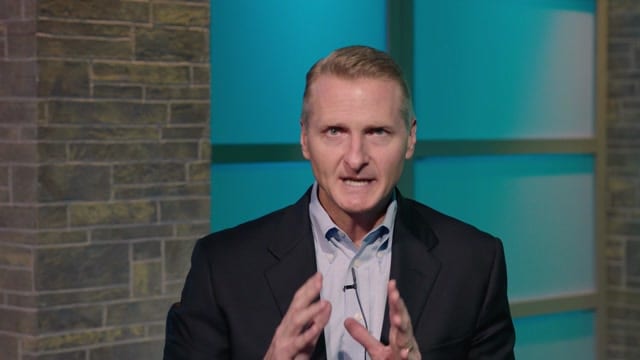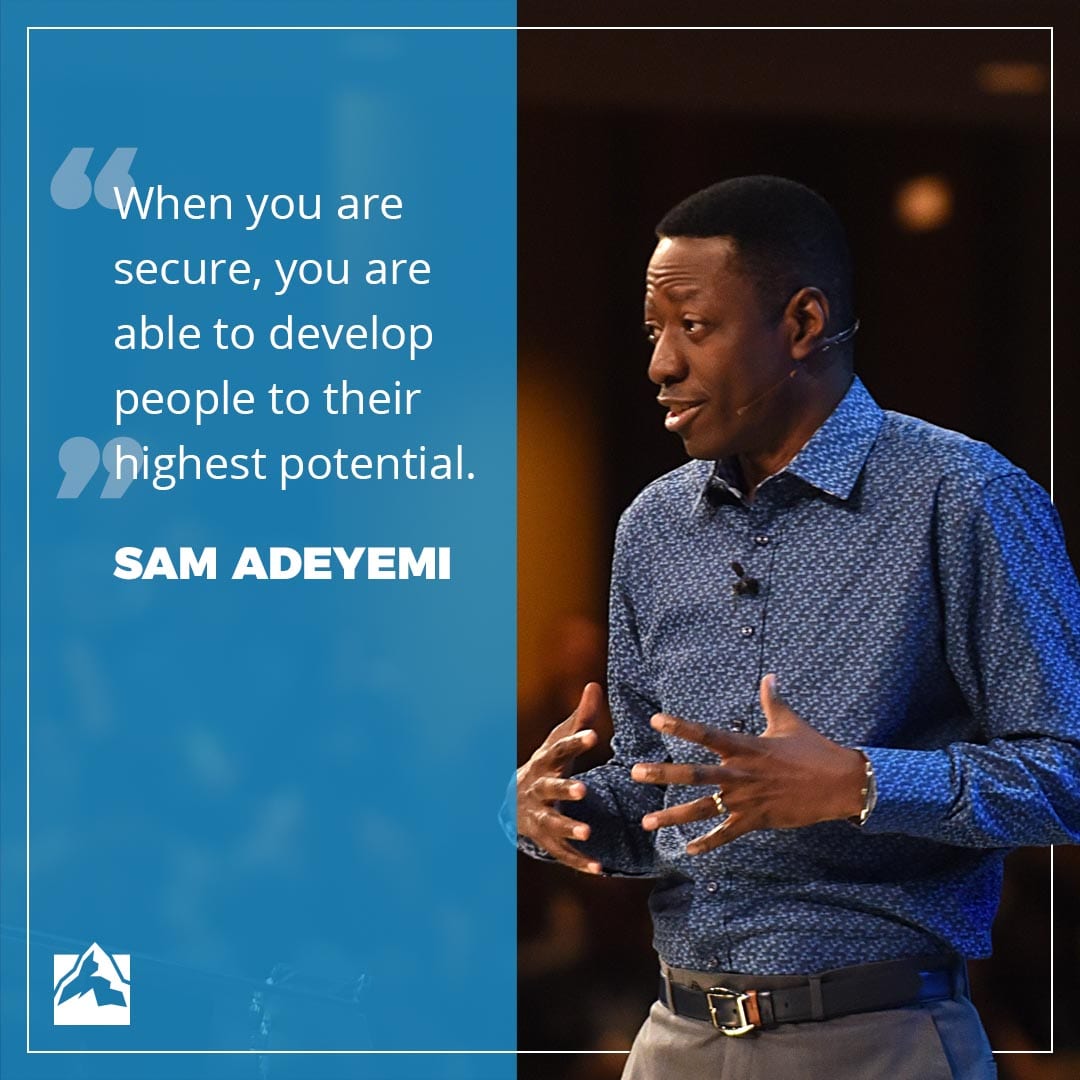
When you’re a nice person, conflict can be a real challenge. Not that mean people are any better at conflict; they just enjoy it more.
New research from Columbia University shows that how you handle conflict can make or break your career. The researchers measured something scientifically that many of us have seen firsthand—people who are too aggressive in conflict situations harm their performance by upsetting and alienating their peers, while people who are too passive at handling conflict hinder their ability to reach their goals.
The secret to effective handling of conflict is assertiveness—that delicate place where you get your needs met without bullying the other person into submission. Assertive people strike a careful balance between passivity and aggression. (That is, they never lean too far in either direction).
How to Handle Conflict Assertively
It’s easy to think that nice people are too passive. While that’s often true, unchecked passivity can boil over into aggression. So, there are plenty of very nice people out there who have exhibited both extremes of the assertiveness spectrum.
To be assertive, you need to learn to engage in healthy conflict. Healthy conflict directly and constructively addresses the issue at hand without ignoring or trivializing the needs of either party.
The strategies that follow will get you there.
Healthy conflict directly and constructively addresses the issue at hand without ignoring or trivializing the needs of either party.
1. Consider the repercussions of silence.
Sometimes it’s hard to muster the motivation to speak up when the likelihood is high that things will turn ugly. The fastest way to motivate yourself to act is to consider fully the costs of not speaking up—they’re typically far greater than not standing up for yourself. The trick is that you need to shift your attention away from the headache that will come with getting involved, to all the things you stand to gain from your assertiveness.
2. Say “and” instead of “but.”
The simple act of replacing the word “but” with “and” makes conflict much more constructive and collaborative. Say, for example, that your teammate John wants to use the majority of your budget on a marketing campaign, but you’re worried that doing so won’t leave enough money for a critical new hire. Instead of saying, “I see that you want to use the money for marketing, but I think we need to make a new hire,” say “I see that you want to use the money for marketing, and I think we need to make a new hire.”
The difference is subtle, but the first sentence minimizes the value of his idea. The second sentence states the problem as you see it, without devaluing his idea, which then opens things up for discussion. Saying “and” makes the other party feel like you’re working with them, rather than against them.
3. Use hypotheticals.
When you assert yourself, you don’t want it to look like you’re poking holes in their idea (even when you are). Hypotheticals are the perfect way to pull this off. Telling someone, for example, “Your new product idea won’t work because you overlooked how the sales team operates” comes across much more aggressively than suggesting the hypothetical, “How do you think our sales team will go about selling this new product?”
When you see a flaw and present a hypothetical, you’re engaging with the original idea and giving the other party a chance to explain how it might work. This shows that you’re willing to hear the other person out.
4. Don’t speak in absolutes (“You Always” or “You Never”).
No one always or never does anything. People don’t see themselves as one-dimensional, so you shouldn’t attempt to define them as such. Using these phrases during conflict makes people defensive and closed off to your message. Instead, point out what the other person did that’s a problem for you.
Stick to the facts. If the frequency of the behavior is an issue, you can always say, “It seems like you do this often.” or “You do this often enough for me to notice.”
Instead of pointing out flaws, you should seek to understand where the other person is coming from.
5. Ask good questions until you get to the heart of the matter.
Failing to understand the motive behind someone’s behavior throws fuel on the fire of conflict, because it makes everything they do appear foolish and shortsighted. Instead of pointing out flaws, you should seek to understand where the other person is coming from.
Try asking good questions, such as Why did you choose to do it that way? What do you mean by that? and Can you help me to understand this better? Even when you don’t see eye to eye, using questions to get to the underlying motive builds trust and understanding, both of which are conflict killers.
6. When you challenge, offer solutions.
People don’t like it when they feel as if you’re attempting to take apart their idea right off the bat. When you challenge someone’s idea, and also offer a solution, you demonstrate that you want to work together to come up with a fix. This reinforces the value of their idea, even if it’s full of holes.
For example, you might say “One potential problem that I see with your idea is ___. However, I think we can overcome this problem if we can just figure out a way to___.” In this example, you aren’t even providing the solution. You’re just acknowledging that you’re willing to work together to find one.
Bringing It All Together
Mastering conflict requires emotional intelligence. Emotionally intelligent people know how to craft their message in a conflict, whether they’re naturally assertive or not. They take other people’s feelings into account while still asserting themselves confidently.
This article originally appeared on Inc.com.








Recent Comments